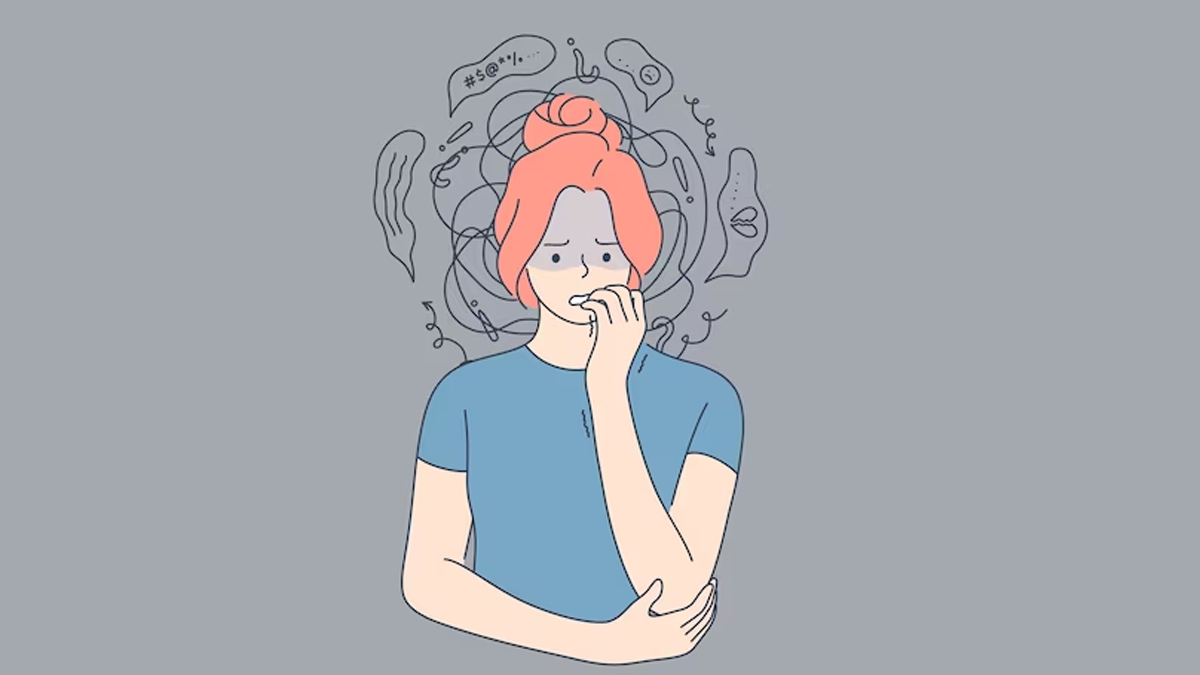
The human brain and body are designed to handle occasional stress. When we encounter stressful situations, our body gets flooded with the stress hormones, cortisol and adrenaline, which prepare us for a fight or flight response. The amygdalae, a set of tiny almond-shaped regions in the brain, help regulate emotion and play an essential role in developing feelings of fear and anxiety. Amygdala hijack signals our brain to focus on diverting energy and blood flow to our extremities to facilitate action. In such conditions, our heart rate increases, breathing err, and pupils dilate.
Table of Content:-
Increasing vascular supply primes the muscles to run away from danger, allows the brain to make quick decisions, and rapid breathing provides the body with more oxygen. As soon as the threat has passed, these chemicals reduce, and the body returns to homeostasis.

As per Hebbian law, neurons that fire together wire together. Some of us might experience anxiety regularly, as our brain and body have developed neuropathways of these reactions and chemical flows. Our emotions are known to play a huge role in our hormonal secretion. When our body experiences chronic anxiety, our trillions of cells get addicted to these stress hormones increasing the risk of developing chronic health issues. Dr Meghana Dixit, Brain and Performance Expert, explains unexpected health issues that may be caused due to anxiety.
Also Read: Palpitations And Anxiety: Here Are Some Differences
Heart Conditions and Hypertension

Dr Dixit stated that research says that those suffering from a chronic anxiety disorder are twice as likely to have a heart attack. The anxious person perceives more environmental threats, and their body releases more adrenaline. Their heart works to pump more blood throughout the body, and when your body is in constant fight and flight mode, it contributes to high blood pressure. This can lead to heart, brain, and order damage and increases the threat of strokes, among other health complications.
Asthma And Autoimmune Issues

Our autonomic nervous system processes our thoughts. Our body remains in homeostasis by switching from the sympathetic nervous system, responsible for fight and flight responses and the parasympathetic nervous system, controlling repair and regeneration. When we have too many negative thoughts, our sympathetic nervous system gets triggered, causing an overload on our immune system. Our immune system reacts to this trigger by lowering our immunoglobulin (IgG) levels, making our immune system suppress or hyperactive. When we constantly run or are in fight-and-flight mode, our breathing becomes shallow and rapid, causing tightness in the airways and leading to asthma.
Gastrointestinal Issues

Anxiety affects the digestive system. Our gut is called our second brain. Patients with anxiety are more likely to have irritable bowel syndrome, stomach ulcers, brain fog and inability to concentrate for a long time.
Also Read: Role Of Diet In Reducing Stress & Anxiety
Insomnia

Stress has been listed as a major reason for insomnia. When we are stressed, our sympathetic nervous system is on alert. In patients with anxiety, this causes chronic sleepless nights leading to insomnia. In addition to that, it is also observed that the chances of anxiety and panic attacks are higher in the middle of the night.
Blood Sugar Spikes And Weight Gain

As the body releases stress hormones during its fight/flight mode, the liver produces more glucose, or blood sugar, to boost the body's energy. This repeated fluctuation in blood sugar can increase the risk for type-2 diabetes. Stress eating is prevalent in anxiety. Our bodies' requirement for serotonin is commonly met by comfort foods or foods high in sugar and salt. Cortisol has been linked to increased storage of fats in the body, causing weight gain.
These were the unexpected health issues that may be caused by anxiety, as per the expert. If you suffer from anxiety and other mental health-related problems, you must seek help from a mental health expert.
Image Credits: freepik
Also watch this video
How we keep this article up to date:
We work with experts and keep a close eye on the latest in health and wellness. Whenever there is a new research or helpful information, we update our articles with accurate and useful advice.
Current Version